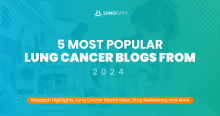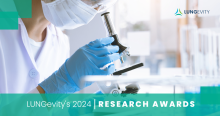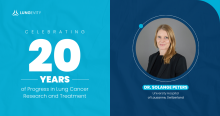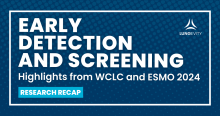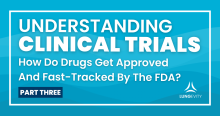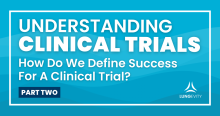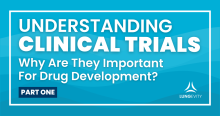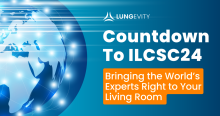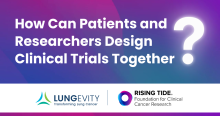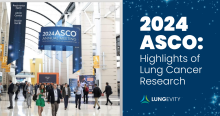The 5 Most Popular Lung Cancer Blogs From 2024
Read time: 3 minutes. Throughout 2024 we published blogs sharing scientific meeting recaps, educational content, personal stories, treatment news, and so much more. Below are the most popular articles we published in 2024. If you’re looking for survivor features and personal stories, you can see all the lung cancer survivors we highlighted in 2024 right here. 2024 ASCO: Highlights of Lung Cancer Research In June, we recapped the annual American Society of Clinical Oncology meeting. Thousands of oncologists, scientists, biotech and pharmaceutical representatives, patients, and advocates

